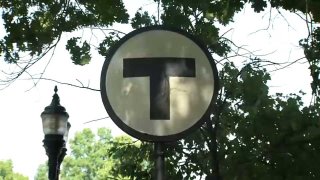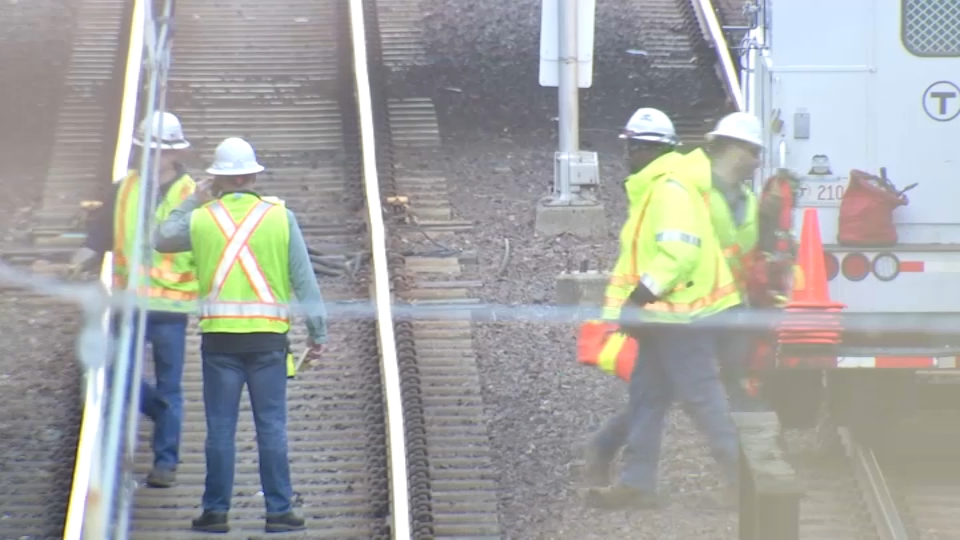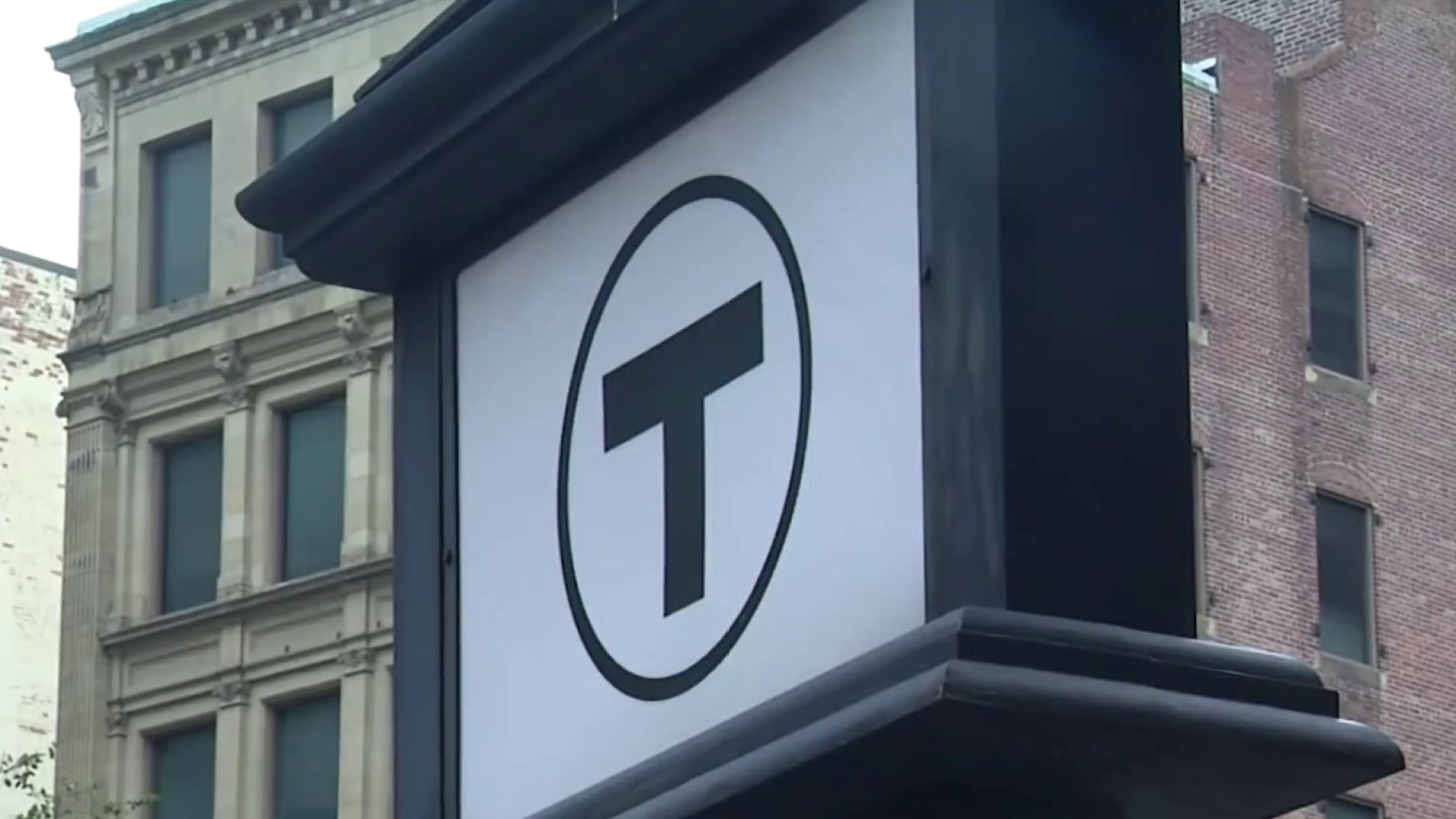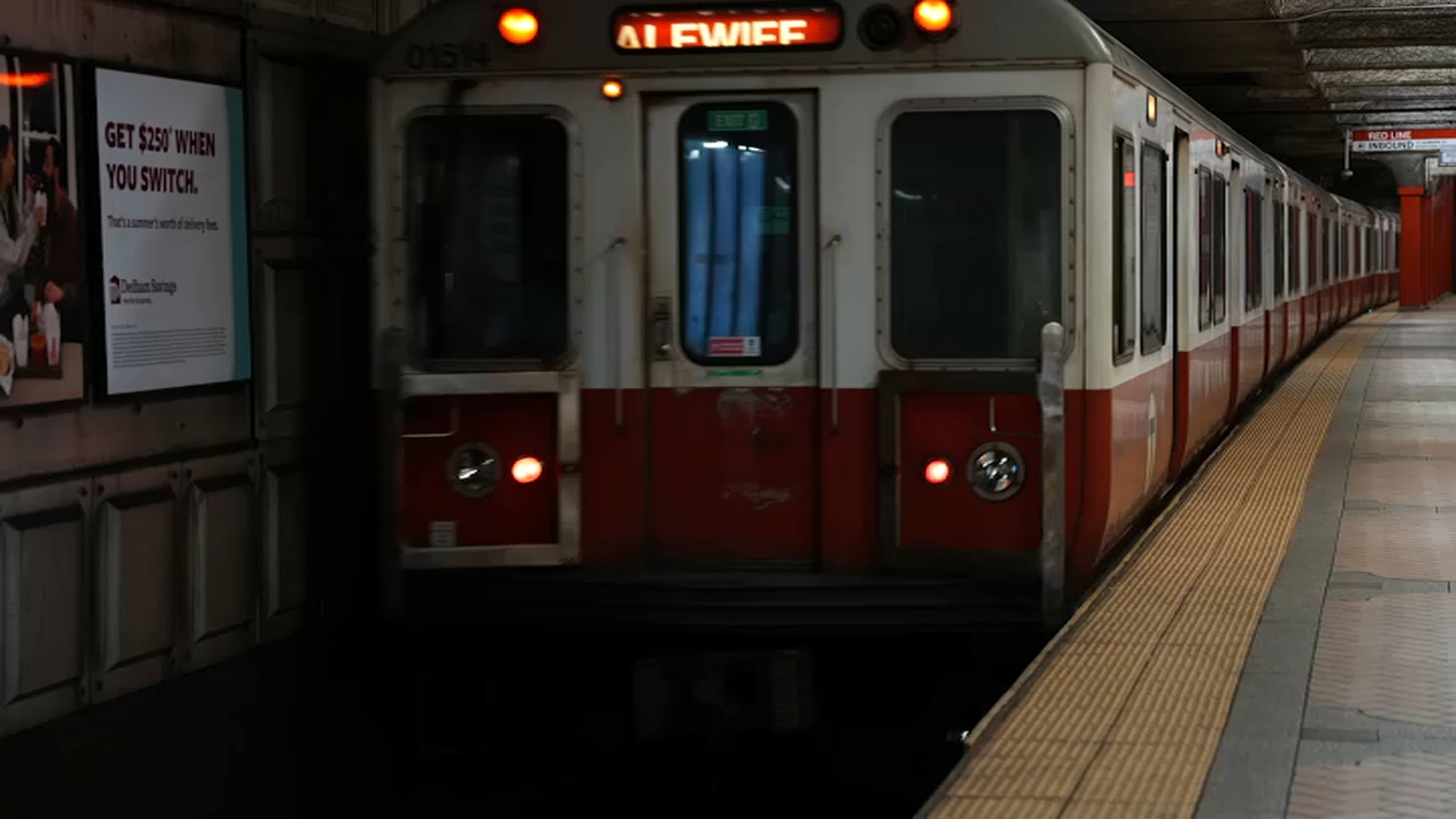
MBTA officials warned Thursday of a "sobering" financial outlook for the agency, but voted to jack up spending by nearly 7% in an annual budget that funds mandatory safety improvements and an ambitious hiring effort.
The $2.72 billion spending plan for fiscal 2024 that the MBTA Board of Directors unanimously approved relies on hundreds of millions of dollars in one-time funding, much of it from a pot likely to be exhausted in the following year's budget.
Roughly half of the nearly $175 million increase in proposed spending would go toward safety and training initiatives, including major problems flagged by a Federal Transit Administration investigation.
The FY24 budget adds 644 new safety-related jobs at the agency, representing about two-thirds of the hiring MBTA officials want to make next year, and also calls for investments in personal protective equipment, engineering, recruiting and project management.
Get Boston local news, weather forecasts, lifestyle and entertainment stories to your inbox. Sign up for NBC Boston’s newsletters.
Agency leaders have been steadily boosting the T's spending in recent years even as the pandemic -- and the related sharp decline in ridership -- have exacerbated previous financial challenges. The latest budget approved Thursday carries the third-largest increase in the past five years, lagging the 8.3% growth in FY21 and the 8.4% growth in FY22, according to MBTA figures.
While they supported the next spending hike, MBTA overseers lobbed a volley of concerns about the T's financial footing.
"It's obvious that the budget is under stress and projected costs far outweigh revenue," said board member Chanda Smart. "There's no question that the pandemic contributed to this issue, but as a board, we should be focusing on containment initiatives. One area of focus should be review of any management structures as it needs to be rationalized and streamlined. There's too many layers and siloes, and accountability is severely lacking."
Counting all departments and not just those that are tied to safety initiatives, MBTA officials budgeted for more than 7,600 employees in the fiscal year that starts July 1, an increase of more than 960 above the FY23 budget and well above the roughly 6,500 workers the T had on staff at the end of March.
MBTA General Manager Phil Eng told reporters Thursday that hiring efforts, including a shift to onboard bus drivers directly to full-time positions, have "greatly enhanced the number of applicants."
To balance the budget -- which projects lackluster fare collections and an increase in revenue the MBTA receives as a dedicated portion of the state's sales tax haul -- the T will draw $261 million from a "deficiency fund" reserve account consisting largely of unspent federal pandemic aid.
"Recurring revenue does not support our recurring expenses. One-time money is great, but one-time money alone doesn't solve the recurring problem we have," said MBTA Chief Financial Officer Mary Ann O'Hara. "For [fiscal] '24, revenue was lower than expenses by $366 million. Because of state help and the deficiency fund, we were able to solve that problem. ... What we see coming is that money's going to go out the door unless something changes on the financial structure."
Dipping into the deficiency fund will leave between $275 million and $300 million in the savings account by the end of the next fiscal year in June 2024. That money could help close the next expected budget gap in FY25, after which MBTA officials forecast the operating budget will be hundreds of millions of dollars short each year.
O'Hara said the projections indicate the MBTA will face a "big issue" in FY25.
More on the MBTA
"Pretty sobering to see these numbers every time we see them," replied MBTA board member Thomas McGee, a former senator who co-chaired the Legislature's Transportation Committee.
Sluggish ridership recovery in the wake of the COVID-19 emergency, resulting in part from service cuts and frequent disruptions, has worsened the T's long-standing budget headaches.
Despite hitting new post-pandemic ridership highs on bus and commuter rail, the MBTA collected 21% less in fares than it expected in the third quarter of FY23, and 42% less than the same quarter in fiscal 2019.
More than half of the MBTA's revenue forecast for next year, about $1.4 billion, comes via a dedicated portion of state sales tax revenues. The T also receives a smaller amount of state assistance and contributions from cities and towns it serves, and new money from a voter-approved surtax on high earners could flow toward a range of capital projects outside the operating budget.
Democrats who control the House and Senate have shown little to no interest in rethinking the T's permanent funding structure.
O'Hara said Thursday that staff are still working on a topline estimate of the cost of all corrective actions required in response to the FTA's safety probe, which concluded in August.
The Legislature and former Gov. Charlie Baker appropriated $378 million to assist the T with the safety fixes in a series of bills last year. O'Hara said the MBTA spent about $103 million of that money through March and she expected the T to use all $378 million by fiscal 2025.
"By the end of '24, start of '25, we're going to need more money," O'Hara said.
The T also has $400 million in untapped bond capacity on the table that lawmakers and Baker authorized for safety improvements.
The vast majority of the FTA response spending so far, about $82 million, has focused on track repairs, personal protective equipment and right of way safety, according to a breakdown O'Hara presented. She said much of that money went toward major maintenance projects like last summer's month-long Orange Line shutdown.




